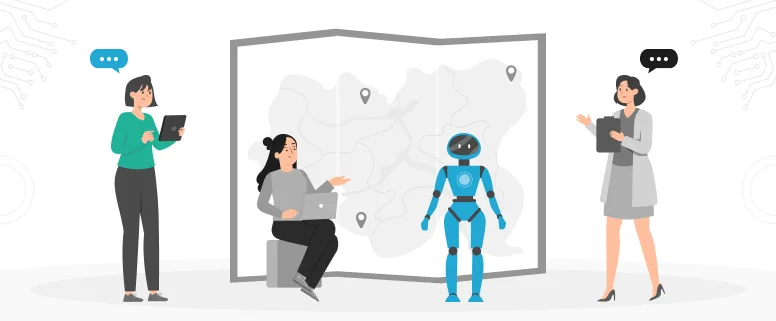Literal translation is one of most important translation method in our work, which have many advantages, for example, it could convey the original meaning, reflect the original style. According to estimation, about 70 percent of the sentences can use the literal method to deal with, that’s why such literal translation method widely used by translators, since then we could see the importance of the literal translation.
However, literal translation has some limitations. For example, sometimes the text is too long to be translated, and sentences are too difficult to be understood, if we still insist on using literal translation, it couldn’t ensure correctly convey the original meaning, and sometimes had the opposite of the intended effect.
So, if we disregard occasions& conditions, ignore the differences between Chinese and English, it definitely caused by mistranslation. On the other hand, Historical& Cultural background are quite different between Chinese and English, resulting in a different way of thinking and different language expressions.
Many people have criticized literal translation, pointed out its limitations, but actually we need figure out the exact limitations and do our best avoid some errors during our translation.
1. Literal Translation of Negative Patterns
There are a number of different negative sentences in English, some sentences can’t be completely translated by literally, otherwise, it will cause a mistranslation, even run into the opposite position of the original meaning, the following types of negative sentences worth of your attention:
Partial Negative Sentence Patterns, such kind of sentence is quite different from the thinking form of Chinese.
Eg: I do not know all of his family members.
False: 我不认识他的所有家庭成员。
Correct: 对他的家庭成员,我不是个个都认识。
Everybody wouldn’t like your sister.
False:没有人喜欢你的妹妹。
Correct:并不是每上人都会喜欢你的妹妹。
Single Negative Sentence Patterns
Eg: He is the last man I want to see.
False: 他是我最后想见的人。
Correct: 他是我最不想见的人。
It is a wise man that never makes mistakes.
False: 聪明人从不犯错误。
Correct: 无论怎样聪明的人也难免犯错误。
Long sentences tend to have more complex relationship which it not easy to be expressed by one simple Chinese sentence, it is necessary to follow the characteristics of English sentence and the intrinsic link between each meaning parts for your translation.
Based on the inherent logical relation of the sentence and Chinese traditional expression to translate. For example:
The chances are that the dwellers of the new caves would see more greenery, under ecologically healthier conditions, than dwellers of surface cities do today.
Analysis: This sentence is not complicated, but not easy to translate. There are 3-tier relations as comparison, condition and result, but if translated according to this logic relation, it would be much easier than before.
Translation: 同今天地面城市里的居民相比,新洞穴里的居民如果在比较健康的生态环境中生活,会有更多的机会见到青枝绿叶。
As some of the sentences are different from the Chinese way of thinking, often need to use reversed translation method. For example:
How much easier, how much more satisfying it is for you who can see to grasp quickly the essential qualities of another person by watching the subtleties of expression, the quiver of a muscle, the flutter of a hand.
Translation: 比较起来,你们这些有视觉的人,通过观察表情的微妙变化,肌肉的颤动和手势来迅速把握别人的基本品质,则是何等容易,保等满意啊!
Read Also: Literal translation and Liberal translation



